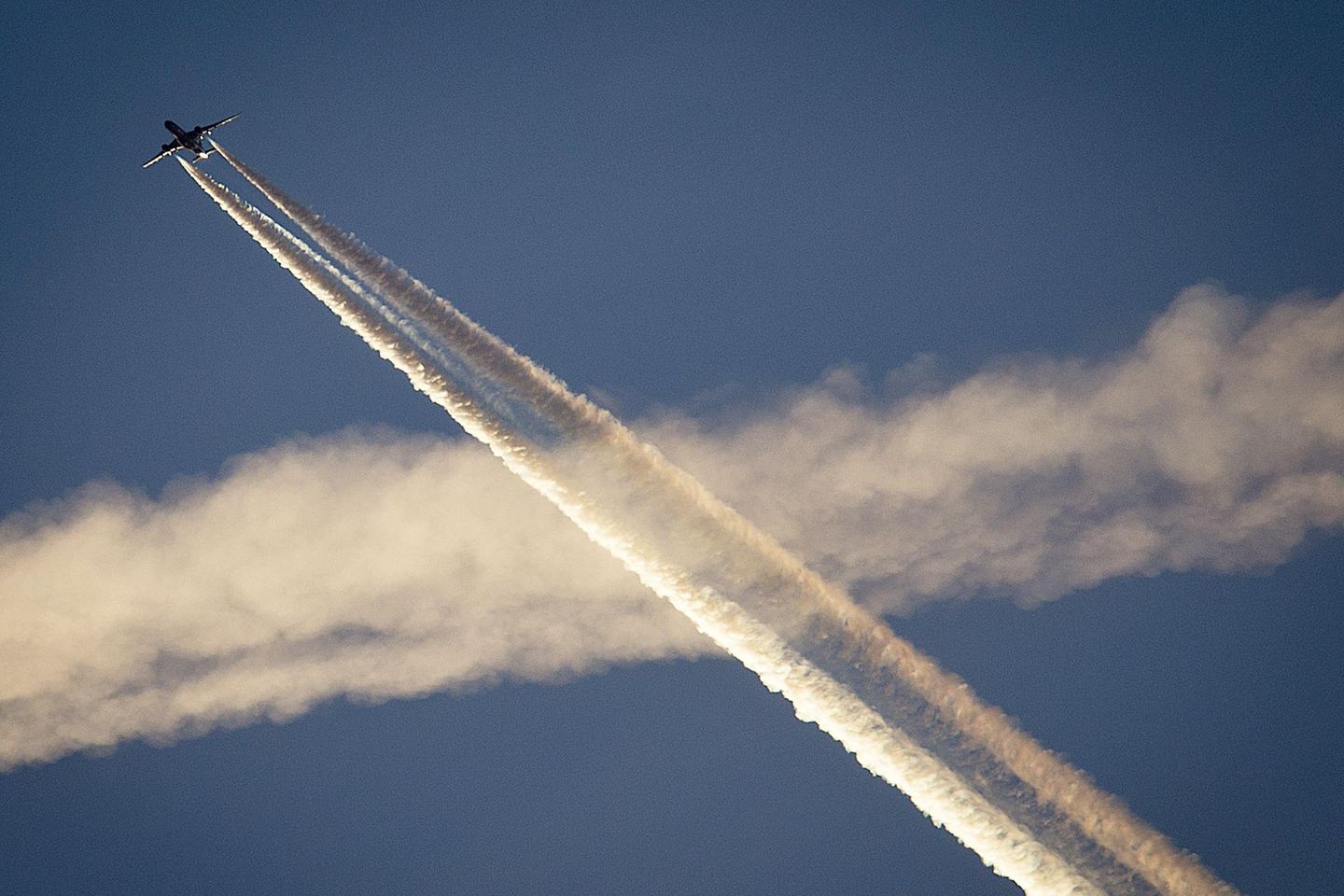
Florida lawmakers are advancing legislation aimed at regulating or potentially banning what supporters call “chemtrails” from aircraft, placing the state at the center of a controversial debate about aviation emissions and atmospheric science. Here’s what you need to know about this unusual legislative effort:
The proposed legislation
Florida bill takes aim at aircraft emissions:
- Targets what sponsors call “chemical trails” from aircraft
- Would regulate or potentially ban certain atmospheric discharges
- State environmental agency tasked with establishing standards
- Enforcement mechanism includes potential fines for violations
- Monitoring system proposed for tracking compliance
- Exceptions for emergency operations and military flights
- Public reporting portal would document suspected violations
The scientific context
Mainstream science offers clear perspective:
- “Chemtrails” not recognized by scientific community
- Visible trails behind aircraft are condensation trails or “contrails”
- Contrails form when hot engine exhaust meets cold high-altitude air
- Water vapor condenses and may freeze into ice crystals
- Duration and appearance vary based on atmospheric conditions
- Normal aircraft emissions do contain some pollutants
- No evidence of deliberate chemical spraying programs
The political dynamics
Bill reflects particular constituency concerns:
- Sponsored primarily by legislators from rural districts
- Governor’s office has not taken public position
- Environmental regulators expressing implementation concerns
- Aviation industry strongly opposing regulation
- Conspiracy theory communities celebrating legislation
- Mainstream political observers questioning practicality
- Federal preemption issues likely to arise
The legal questions
Significant jurisdictional issues complicate enforcement:
- Federal aviation regulations generally preempt state laws
- FAA has exclusive authority over national airspace
- Interstate commerce implications for flights crossing state lines
- Potential constitutional challenges expected
- Enforcement mechanism unclear for out-of-state carriers
- Monitoring capabilities technically challenging
- Legal definitions of prohibited substances ambiguous
The public reaction
Response reflects deep societal divisions:
- Supporters citing health and environmental concerns
- Critics calling bill validation of conspiracy theories
- Social media amplifying both supportive and critical voices
- Scientific community expressing alarm at legislative legitimization
- Aviation industry mobilizing opposition campaign
- Public health officials concerned about misinformation
- Environmental groups largely distancing themselves
The historical context
Legislation emerges from persistent conspiracy theory:
- “Chemtrail” beliefs date back to mid-1990s
- Conspiracy theories suggest deliberate atmospheric spraying
- Various alleged purposes include weather modification and population control
- Scientific investigations have repeatedly found no evidence
- Similar legislation previously introduced in other states
- Florida bill progressed further than previous attempts
- Social media has amplified conspiracy theories
The implementation challenges
Practical enforcement faces significant hurdles:
- Technical capabilities to monitor aircraft emissions limited
- Jurisdiction over flights originating outside Florida questionable
- Scientific baseline for “normal” versus “abnormal” emissions lacking
- Differentiation between various atmospheric phenomena difficult
- Agency funding for new regulatory program uncertain
- Legal defense costs potentially substantial
- Interstate commerce impacts potentially significant
What happens next
Several key developments are anticipated:
- Committee hearings to refine legislative language
- Federal aviation authorities likely to express concerns
- Industry groups preparing potential legal challenges
- Scientific organizations offering educational resources
- Similar legislation possibly emerging in aligned states
- Media attention increasing political polarization
- Electoral implications for bill sponsors uncertain
Read more:
• Florida prepares to ban airplane ’chemtrails’
This article is written with the assistance of generative artificial intelligence based solely on Washington Times original reporting and wire services. For more information, please read our AI policy or contact Ann Wog, Managing Editor for Digital, at awog@washingtontimes.com
The Washington Times AI Ethics Newsroom Committee can be reached at aispotlight@washingtontimes.com.












